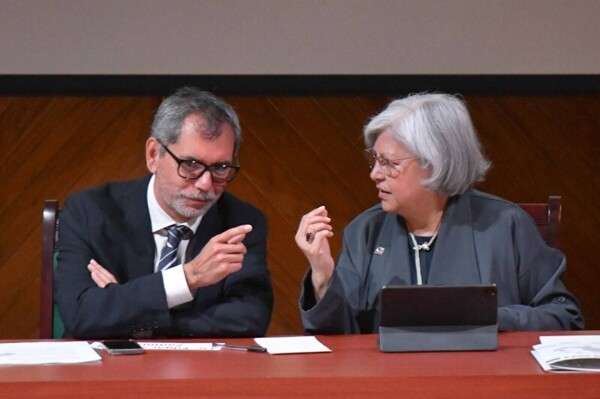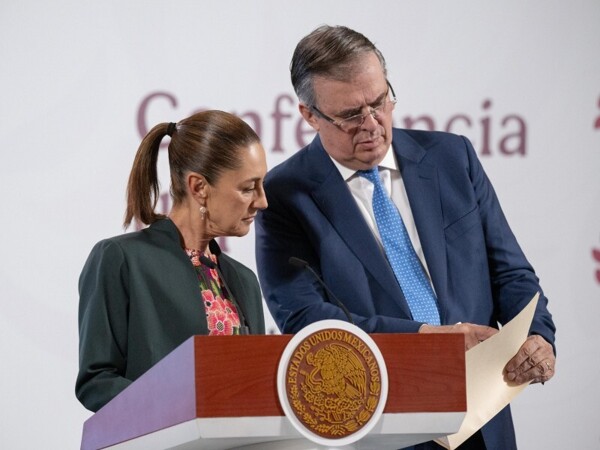
Mexico faces protectionist actions, unilateral decisions, and external pressures. In this context, it is crucial to adopt a proactive and decisive strategy to defend the pillars that regulate trade in North America. These foundational principles have been key to the region's productivity, being preserved throughout the negotiations that led to NAFTA and that are maintained in the USMCA. Symmetry in a Free Trade Agreement is essential to ensure fairness in rights and obligations between Mexico, the United States, and Canada.
"The best strategy to improve regional trade lies in expanding commercial exchanges, not in imposing obstacles or restrictions," points out Alfonso Muñoz, economist and consultant. The principles and norms that regulate trade in the region have strengthened the rule of law, generating an environment of certainty. It is vital that the three countries commit to the rules and their enforcement to maintain a balanced and reciprocal trade exchange.
For three decades, regional integration has generated a trade volume of around 2 trillion dollars annually, with significant FDI flows. Mexico has reaped the benefits of trade, especially in North America. The removal of obstacles to trade has allowed economies to operate on equal terms and has fostered the production and consumption of goods and services.
Both NAFTA and the USMCA have contributed to the liberalization of trade by reducing barriers. The universal coverage of goods and services has allowed economies to leverage their comparative advantages. It is crucial to reject any attempt to isolate specific sectors through trade and investment barriers.
In a context marked by the resurgence of protectionism, Mexico must stand firm in defending integration in North America. Symmetry in a Free Trade Agreement is essential to ensure a balanced exchange. Any revision to the framework of the Treaty must strengthen integration and promote trade and investment flows.
At a time when protectionist winds prevail and the first Free Trade Agreement celebrates its 30th anniversary, it is essential to remember the principles that have guided Mexico toward its participation in a prosperous and competitive economy. The three basic pillars established since the early negotiations have been fundamental for economic integration in the region.














